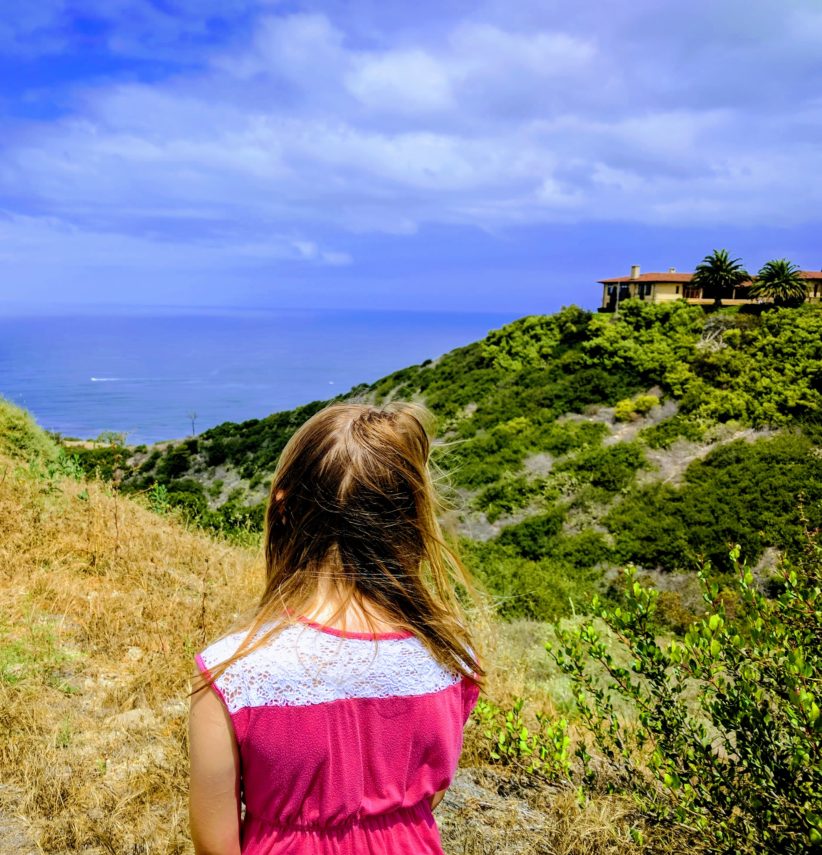Those of us in the FI community are extremely familiar with the concept of FU money, the acquisition of funds sufficient that we are empowered to say no: to unwanted work, to aggravations, to servitude.
I'd like to introduce a tangentially related the concept: FU space. Let's define the concept as the ability to say no to the company of people. This can include people you love, as well as those outside of that particular Venn diagram. Sometimes even those who adore and extol their community need a break from it.
I write this on a return flight from Mexico City, completing my 5th week of summer travel with my family. To say a period of sustained continuous travel with my family has been a gift is an understatement.
I'd envisioned this travel dream and discussed it with my wife long before we'd married or had kids, and the anticipatory period has made it particularly satisfying to savor.
Five weeks off (broken into 2 and 3 week chunks) is a luxury few physicians are able to indulge, and I am grateful. On the flip side, it's also an awfully long time to spend 24/7 with your family.
I generally adore and dote on my kids, but my ideal day would be spent half with them and half on other endeavors. Staying fit. Enjoying a quiet meal or walk with my wife. Connecting with friends in person, virtually, by phone or via correspondence. Blogging. Learning new skills. Reading fiction (I used to read the paper as well, but reality has become depressing enough to warrant taking a sabbatical). Creating.
So how do I adapt when every day for weeks on end are spent together? I find small moments of solitude.
At home, I brew my own coffee because it's both economical and damn good. In Mexico, I went out every morning for a half hour walk to sip an espresso and catch up on blogs or read a book.
( In case you need a recommendation: Paul Beatty's The Sellout came highly recommended from a literary friend, and I could not put it down; contemporary fiction that skewers race relations from a place of perverse brilliance, sparing no piety; my dream is that Donald Glover buys the rights in order to direct and star in the film).
In Greece, I spent 1-2 "insomnia hours" each night catching up on blogs I follow or jotting ideas for future posts while the household slept. I slept less than I usually do, yet felt more refreshed thanks to the first contiguous period in years that was not disrupted by a barrage of night shifts.
Doc G at DiverseFI has written how being an early riser creates space in stolen dawn hours to provide both solace and undisrupted time to focus intently on the task at hand (in his case writing and reflecting).
At home, the rhythm of school allows me mornings to pursue personal priorities, which are promptly shelved when the kids get home in the mad rush to complete schoolwork, ferry them to and from extracurriculars, and squeeze in the family social opportunities in our tight-knit coastal suburb.
While I'd have bought a smaller house if I had a do-over, the one I inhabit provides the luxury of a private office that I use (with mixed effect) as a refuge to write and as my safe room when I need to withdraw.
When we travel, I'm quick to find a coffee shop or bench in a small town plaza to be either in my head or on the page. That's where I stake out my FU Space.
I recently came across a charming blog that tells the story of a fellow ER doc who dealt with burnout by taking drastic measures: he sold his house, quit work and decided to backpack around the world. Also, did I mention he's married and has four sons ages 7-11? Wow.
The togetherness challenge we faced this past summer? He and his wife will face it for months on end. Their coping strategies?
First, they have quiet time. Two hours of every day that it's feasible, each family member claims a patch of the airbnb du jour, and they withdraw. Read. Draw. Write. Sleep. Whatever. They avoid devices during this time, and when they come back together, they are excited to see one another.
Second, they enforce protected space. One kid curls up in a chair, it becomes his turf and the other siblings know to steer clear. No provoking someone in their turf.
Finally, they accept that everyone has bad days. When the daily grump emerges, it's expected that he or she will acknowledge the fact and warn others, "I'm sorry, I'm in a grumpy mood." At which point all others are expected to stand down: avoid teasing, offer space, and be kind.
FU Space is most strikingly necessary during prolonged travel where tight quarters are shared, but many of us feel a constant need to enforce some minimal amount of therapeutic alone time.
How do you get your daily dose of FU Space?


